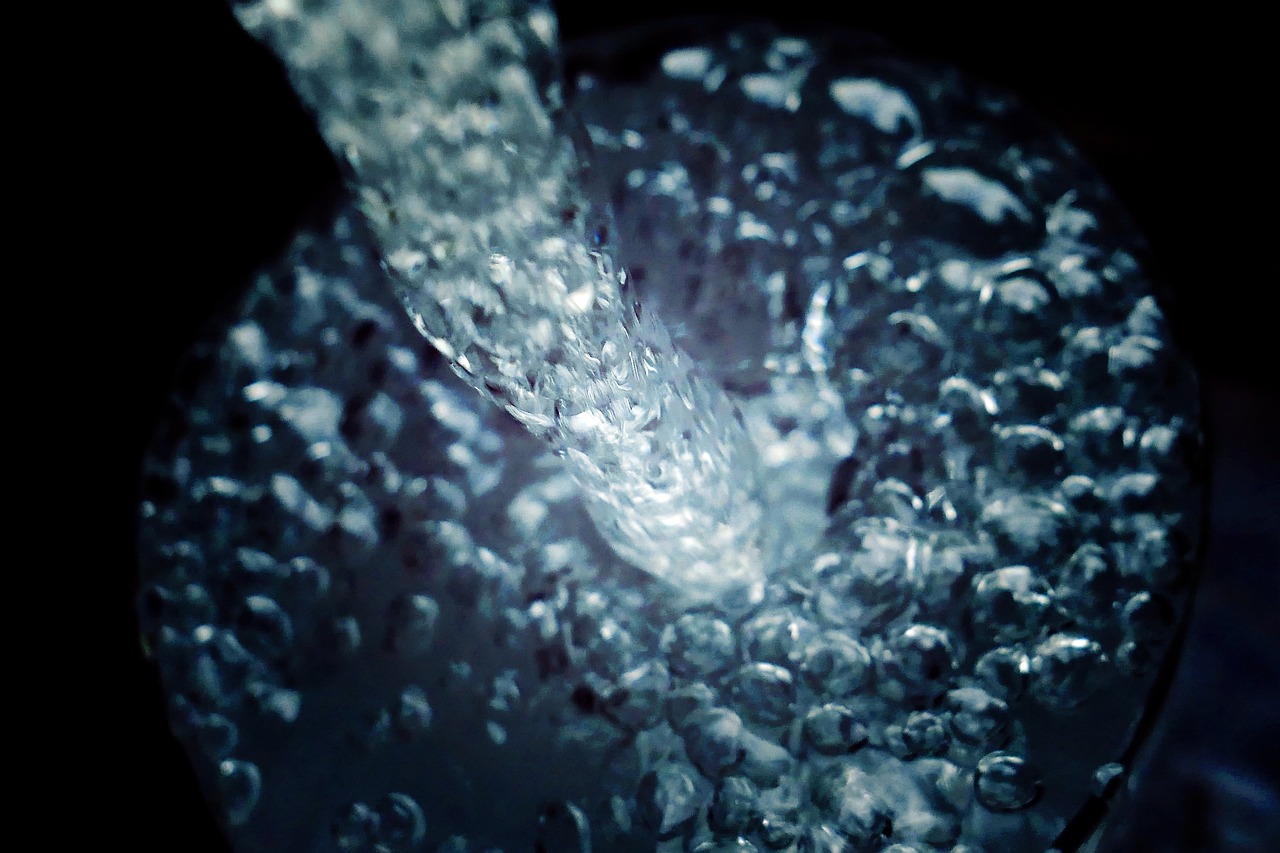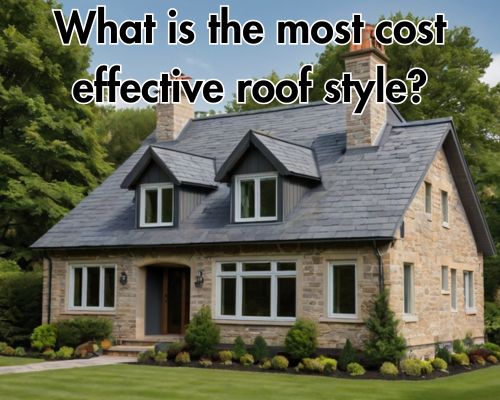Understanding Household Iron Filtration
Clean, safe water doesn’t just magically appear from nowhere, especially if you’re relying on well water. Iron filtration systems are like a bouncer at a club—keeping the riff-raff out and letting only the good stuff through. You have to appreciate their role in ensuring your water quality doesn’t go downhill.
Importance of Filtration Systems
Install an iron filtration system, and you’re not just removing a pesky mineral – you’re making life infinitely better. Why, you ask? Well, imagine this:
- Say goodbye to those ugly, reddish-brown stains on your shiny sinks and toilets.
- Your drinking water would no longer taste like you’re sucking on a penny.
- Appliances, like your trusty dishwasher and the miraculous washing machine, will live longer and work better.
- Your pipes won’t clamor and choke on iron deposits, which means smoother water flow.
Investing in a trusty iron filter isn’t just a whim; it’s a ticket to cleaner, nicer-tasting water free from iron’s pesky grasp.
Common Issues with Iron in Well Water
Well water is like a nature-made mystery box, a little unpredictable. Pop open that box in iron-rich areas, and you’re often left dealing with an iron-shaped monkey wrench flung into your waterworks. Let’s break down the two main culprits: See More
- Ferrous Iron (Fe2+): This sneaky fellow stays dissolved in your water and only shows its true colors—literally—when exposed to air. It turns into ferric iron, like some kind of metal magician.
- Ferric Iron (Fe3+): Unlike its covert cousin, ferric iron doesn’t play games. This insoluble red-brown stuff is like the lipstick stain that won’t come off no matter how hard you scrub.
Here’s the lowdown from the Environmental Protection Agency (EPA) about what iron levels you should put up with in your drinking water:
| Iron Content in Water | EPA Standard (mg/L) |
|---|---|
| Acceptable Level | 0.3 |
| Maximum Level for Aesthetics | 0.3 – 1.0 |
| Maximum Level for Health | 0.3 |
Keeping tabs on these iron levels helps you choose the perfect filtration system for keeping your water as fresh as a morning breeze. Best to keep your water crystal clear and not resemble a rusty nail.
Selecting the Right Iron Filter
Tired of rust-stained clothes and metallic-tasting water? Dealing with iron issues in your home’s water system can be a real hassle. Finding the right iron filter makes a huge difference, and knowing what’s out there can set you on the right track.
Types of Iron Filters
Home water systems have a few trusty sidekicks to tackle iron. Here’s a quick look at some go-to options:
| Iron Filter Type | Description |
|---|---|
| Manganese Dioxide Filters | These guys use media like manganese dioxide to zap and snatch up pesky iron particles. Great for high iron levels. |
| Birm Filters | They work with a granular filter called Birm to get rid of iron by making it oxidize. They’re perfect for homes with a medium iron problem. |
| Greensand Filters | They use a greensand media mix that kicks out iron, manganese, and hydrogen sulfide. They shine in situations where iron levels are up and down. |
| Catalytic Carbon Filters | This combo of activated carbon and catalytic media is a powerhouse for lower iron levels. It filters out iron efficiently in mild cases. |
These filters come with their own quirks and perks, making it easier for you to choose what fits your water woes.
Considerations for Choosing the Best Filter
Picking out an iron filter doesn’t have to be rocket science. A bit of detective work can steer you down the right path:
| Consideration | Description |
|---|---|
| Iron Concentration | First things first—find out how much iron is having a party in your well water. The type and size of your filter should match that level. |
| Water Flow Rate | How much water do you actually use? Make sure your filter can keep up without losing its mojo. |
| Maintenance Requirements | Every filter needs a little TLC. Know how often it needs backwashing or media swapped out so it stays in tip-top shape. |
| Budget Constraints | Keep an eye on your wallet. Balance the setup costs, what you’ll spend getting it installed, and how much it’ll drain from your pocket over time. |
| Water Quality Testing | It’s not just about the iron—find out about any other nasties in your water. You might need a filter that pulls double duty. |
Once you’ve got a handle on these factors, sizing up a filter that fits right into your home water setup will be much simpler. Clean water’s a must, and a good iron filter will put you on the path to water that’s as fresh as a summer’s day.

